How you can easily boost your Sales with HubSpot Sales Hub
Discover how HubSpot Sales Hub can help you increase your sales and drive business growth Updated February 2025
13 min read
 Johanne
:
Oct 22, 2023 11:26:31 AM
Johanne
:
Oct 22, 2023 11:26:31 AM
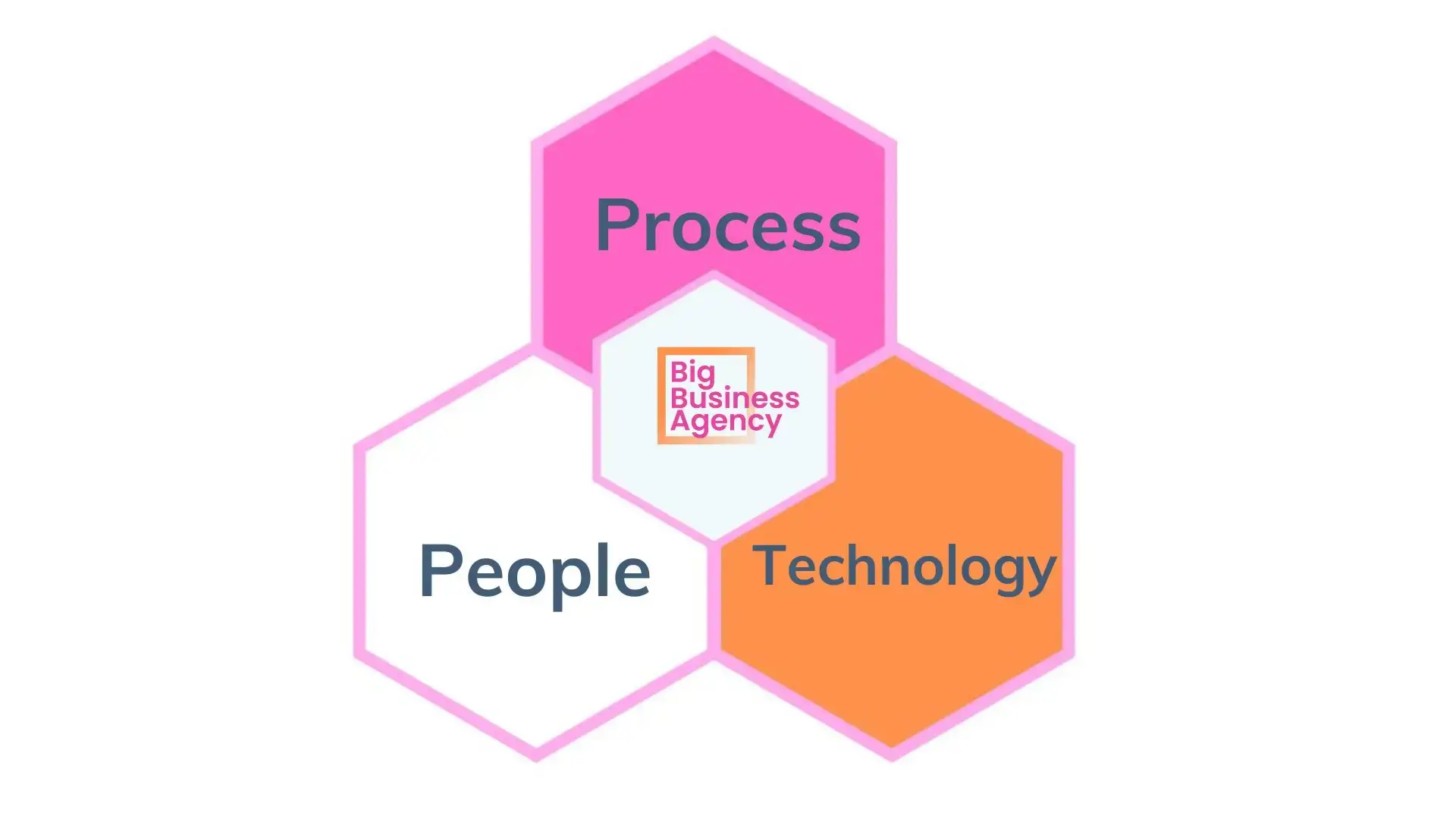
Your sales tech stack saves you time and creates the right conditions to make your numbers. A sales stack refers to the collection of tools and technology that companies use to manage and track their sales process. While smaller companies may get by with a single CRM system, larger enterprises with complex sales processes require a more comprehensive set of tools aka sales tech stack or tech stack
Should you build a sales tech stack?
Key factors to consider when building your sales tech stack
Tools to include in your sales tech stack
By harnessing the power of a comprehensive sales tech stack, businesses can streamline their sales processes, boost productivity, and gain valuable insights into their sales performance. This enables them to optimise their strategies, improve customer satisfaction, and ultimately achieve remarkable growth.
Whether it's a CRM, marketing automation software, lead scoring system, or tailor-made applications, each tool in the sales stack plays a crucial role in helping companies reach their sales objectives.
As technology continues to advance at a rapid pace, the options for sales tools available to businesses are expanding exponentially. However, it is crucial for companies to carefully evaluate their individual needs and objectives when constructing their sales stack.
Factors such as budget, user-friendliness, integration capabilities, and data security must all be taken into consideration. By selecting the right combination of tools and technologies, businesses can unlock their sales potential and maintain a competitive edge in today's market.

An enterprise sales tech stack can consist of various tools, such as a CRM, marketing automation software, a lead scoring system, an email tracking tool, a system for tracking deals, and even a custom-built application for managing contracts.
The sales stack utilised by organisations is determined by a range of factors, such as the organisation's size, the intricacy of its sales process, and the available resources. With the constant evolution of technology, businesses now have access to an ever expanding array of tools that can effectively enhance their sales processes.
In every instance, companies gain a comprehensive understanding of their sales performance and optimise productivity across all areas by harnessing the power of sales technologies.
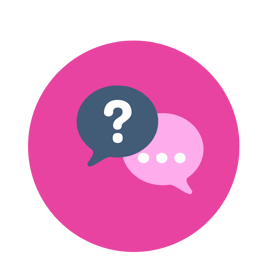 Every company, whether they are aware of it or not, already possesses a sales stack. This can range from a single CRM system to a sophisticated network of tools that they rely on to effectively manage their sales process.
Every company, whether they are aware of it or not, already possesses a sales stack. This can range from a single CRM system to a sophisticated network of tools that they rely on to effectively manage their sales process.
However, companies that do not have an optimised sales stack may be missing out on valuable opportunities for growth. Outdated methods such as manual data entry and pen-and-paper tracking can greatly slow down the sales process, making it more difficult to attract new customers.
Furthermore, without the ability to collect customer data, companies are unable to track their performance or analyse customer behaviour.
Implementing a sales stack is essential for businesses looking to optimise their operations, enhance productivity, and empower their sales teams. By leveraging a comprehensive set of tools and technologies, companies can gain valuable insights into customer behaviour and sales performance, enabling them to discover innovative strategies for selling, marketing, and engaging with leads and customers.
By building a cutting-edge sales tech stack, businesses have the opportunity to streamline their operations, boost efficiency, and gain valuable insights into their sales performance. This allows them to eliminate repetitive tasks and allocate more resources towards closing deals, ultimately driving growth and success.
When exploring various software and business tools, there are multiple factors that companies need to consider. Let's look at the specifics of your (B2B) sales tech stack.
When evaluating an app or software, it's crucial for companies to assess how it will enhance their sales process. If an application fails to achieve the company's objectives effectively, it may not be a wise investment.
Sales management teams need to determine each of their goals and narrow down the list of potential tools based on which ones help them reach those objectives.
Software platforms come in all sizes at varying price points. Many programs offer subscription-based pricing models, so companies need to take into account the monthly or annual costs of each tool.
It’s also important to look into any additional fees that may come with the platform, such as integration costs or customisations. Companies should set a budget and then compare different programs based on how much they cost, making sure to have visibility into the total cost of ownership.
When comparing costs and determining a company budget, sales leaders need to keep in mind the amount of time that they will save from sales automation. More than 30% of sales activities can be automated, and the resulting time savings are usually more than worth the cost of the software.
Sales software should strike the perfect balance between functionality and cost. Too few features can lead to gaps in performance, but companies that purchase software with more features than they need overspend and underuse it.

A sales tech stack should be designed with user experience in mind. Many companies invest in complex, sophisticated systems that require extensive training and take too long to learn, resulting in slow employee onboarding processes and poor user adoption. Another frequently ignored aspect is the requirement for skilled technical resources to customise the software according to the specific business requirements. This results in additional time and cost for tasks that should ideally be accomplished easily by non-technical users.
To ensure that the sales stack runs smoothly, it should be intuitive and easy to use. This can help maximise engagement with the platform and ensure that sales teams use its features to their fullest potential.
In addition to team-focused tools, it is common for companies to invest in comprehensive solutions such as customer relationship management (CRM) systems. When introducing new programs to the sales stack, it is crucial to assess their compatibility with existing systems to avoid any disruptions. The seamless integration and communication between these tools are vital to prevent data loss or duplication. While some platforms can be customised through open-source options, others require third-party integrations to create a comprehensive system.
It is essential for the tools to have seamless communication with each other to prevent any loss or duplication of data during the transfer process. While some platforms offer customisation options as they are open-source, others may require third-party integrations to create a comprehensive system.
When businesses are in search of additional business tools, it's important for them to be aware of certain factors.
Luckily, in today's business landscape, there is an abundance of modern business tools that offer a wide range of integration-ready applications. This vast selection makes it pretty easy for companies to find the ideal match for their existing infrastructure.
Ensuring data security is of utmost importance for sales teams. It's crucial to choose platforms that offer a robust infrastructure with cutting-edge encryption and authentication protocols to safeguard customer data from any unauthorised access.
In order to safeguard their valuable data, businesses should prioritise investing in robust security measures like two-factor authentication (2FA), multi-factor authentication (MFA), and advanced identity protection systems. While certain software tools may already incorporate these features, implementing them can significantly lower the risk of data breaches, which can prove to be extremely costly.
The sales stack is a carefully curated collection of sales tools and applications that work together in perfect harmony to achieve the best possible results. It's a secret formula for success that empowers companies to outperform their competition.
In order to maximise their platform's potential, businesses should seek out software solutions that offer features tailored to their team's specific goals and objectives.
A few key tools to consider are:
CRM software is a powerful tool that enables sales teams to effectively track and manage customer relationships throughout the entire sales funnel.
Critical features of CRM software include: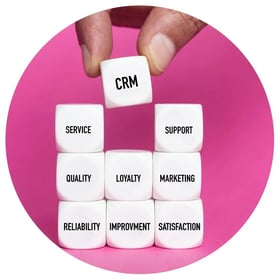
A quality CRM system should also be scalable, allowing businesses to easily adjust the number of users without incurring additional licensing costs.
Configure, price, quote (CPQ) software is a tool that helps sales teams quickly create quotes and proposals tailored to the customer’s needs. It streamlines the quoting process for customers by automating calculations, reducing errors in pricing, and creating visual representations of products or services.
Other features of CPQ software include:
CPQ software proves to be invaluable for businesses dealing with intricate products and services that demand accurate and tailored quoting.
Sales enablement software is a collection of tools designed to provide the sales team with the resources and insights needed to close deals. It’s like an internal library for sales reps, providing them with access to customer information, product details, training materials, templates, and more.
An email marketing platform can help companies build relationships with customers and prospects, nurture leads, and convert potential buyers into paying clients. Features to look for in email marketing software include:
Email marketing is a powerful tool used by over 80% of small to medium businesses to connect with potential customers. However, its benefits extend beyond just acquiring new customers. Once a sales representative successfully closes a deal, email automation becomes invaluable in maintaining the relationship, nurturing it further, and offering opportunities for upselling or cross-selling products and services.
In B2B sales, smart scheduling tools eliminate the need for back-and-forth email and chat communications with prospects. Instead of trying to find a time that works for everyone, these tools allow customers to book their appointments with sales reps.
Scheduling software offers features like:
Self-service platforms empower customers, enhancing their satisfaction and simplifying the tasks of sales professionals.
Live chat is a software tool that lets customers connect with customer service, sales or support teams in real-time. It offers customers a quick and efficient method to inquire about any concerns, receive assistance with their accounts, and swiftly resolve any issues they may encounter.
Most live chat platforms have numerous features for customer success teams, including:
 Live chat is a valuable tool once only used by B2C companies and now adopted by B2B companies too. Live chat allows for an enhanced online shopping experience for website visitors.
Live chat is a valuable tool once only used by B2C companies and now adopted by B2B companies too. Live chat allows for an enhanced online shopping experience for website visitors.
It allows customers to easily inquire about products, track shipping and order status, and receive prompt customer service support. Additionally, live chat serves as a powerful lead capture tool, enabling businesses to provide personalised recommendations and tailored assistance to potential customers.
Incorporating live chat into the sales tech stack of B2B organisations enhances the selling experience by pre-qualifying inbound leads according to specific criteria and guiding prospects to knowledge base resources. This strategic approach simplifies the sales process for sales reps, enabling them to effectively sell once the prospect reaches a sales call.
These automation features also enhance the buying journey. By providing information about their company size, specific requirements, and budget, inbound leads allow sales representatives to adopt a consultative approach and match the customer with the most suitable option.
Note: HubSpot now include free Live Chat software that seamlessly integrates with HubSpot's CRM and is quick to set up with no development work required.
Sales automation software are sales tech tools that automate manual tasks to streamline the sales process. Automation enables swift completion of tasks such as data entry, lead management, and proposal generation, freeing up valuable time for sales teams to focus on closing deals and delivering exceptional customer experiences.
Sales automation tools [such as Sales Hub] improves many processes within the sales process:
Sales automation empowers sales representatives to prioritise closing deals over mundane tasks, enabling them to maximise their time and productivity. By automating manual processes, companies can enhance efficiency and deliver highly personalised customer experiences.
Read more: Sales Automation
Sales outreach is the art of reaching out to potential customers and prospects in order to create leads and establish strong relationships. This encompasses a range of marketing strategies, such as engaging email campaigns, persuasive cold calling, impactful direct mail, and effective content syndication.
Sales prospecting can involve a high number of manual tasks:
Sales outreach can be made easier by using sales tech tools, such as automated email sequences and lead scoring systems. Automated email sequences help ensure customer engagement by sending follow-up emails at timed intervals. Lead scoring systems help prioritise leads based on set criteria such as budget, industry, and territory.
LinkedIn data tells us that 78% of social sellers outsell their peers. This is a clear advantage because social networks have a massive user base, providing sales representatives with the opportunity to utilise their personal brand in order to establish connections and cultivate relationships with potential customers.
Sales teams leverage the power of social selling tools to effectively organise their contacts and monitor conversations across various channels. These tools not only aid in lead generation but also play a crucial role in nurturing existing customer relationships, fostering growth and loyalty.
Social selling has become an essential tool for conducting research as it offers valuable insights into customer preferences, product utilisation, and the competitive landscape.
Throughout the buying process, prospects and customers need to be engaged to move through the sales funnel. Sales engagement helps reps engage with prospects throughout the buyers journey.
These tools come in many forms and are used for different purposes, such as:
Sales engagement is an essential component of a successful sales technology stack for any business. However, it is crucial to conduct thorough research before investing in a sales engagement tool, as different organisations will have unique requirements and preferences. By carefully considering the features and capabilities of various sales engagement tools, businesses can make informed decisions that will optimise their sales processes and drive desired outcomes.
 Sales reps often deploy screen-sharing and demonstration tools to showcase the product or service to potential customers, providing them with personalised and interactive demos. These innovative platforms not only allow reps to record meetings for future reference or training purposes but also offer advanced features like AI and automation. With capabilities such as sentiment analysis, content suggestions, and automated recording and transcription, screen shares and demos become even more impactful in real-time and easier to evaluate and analyse later on.
Sales reps often deploy screen-sharing and demonstration tools to showcase the product or service to potential customers, providing them with personalised and interactive demos. These innovative platforms not only allow reps to record meetings for future reference or training purposes but also offer advanced features like AI and automation. With capabilities such as sentiment analysis, content suggestions, and automated recording and transcription, screen shares and demos become even more impactful in real-time and easier to evaluate and analyse later on.
Contact scoring is a powerful tool that distinguishes itself from lead scoring by measuring the level of engagement of existing customers. It enables sales representatives to effectively prioritise their contacts based on their interactions and activity with the brand.
By assigning scores to contacts based on various criteria such as email open rate, content views, page visits, and clicks, businesses can determine the level of interest a customer has in making a purchase. The higher the contact score, the more likely they are to be interested in buying.
This technology empowers sales reps to focus their efforts on leads that are most likely to convert, ultimately shortening the buying decision process. By strategically targeting high-scoring contacts, sales representatives can maximise their productivity and increase their chances of closing deals.
 Sales Training and Coaching
Sales Training and CoachingAccording to HubSpot, salespeople have a turnover rate of 35%, which is nearly triple the rate of other professions. To combat this, it is crucial to provide proper training, onboarding, and ongoing management tactics to keep sales representatives engaged and motivated.
Sales training tools are invaluable in helping reps acquire the necessary skills for success, foster stronger relationships with leads and customers, and optimise the use of their sales stack.
Conversational intelligence is a powerful tool that harnesses the power of sentiment analysis and artificial intelligence to uncover valuable insights from customer conversations. By actively listening to these conversations, the software is able to evaluate the sentiment expressed, categorise information, and provide actionable insights for sales reps to personalise their approach.
This cutting-edge technology not only enables sales teams to compare the performance of their reps and establish benchmarks for success, but it also offers detailed recordings, transcripts, and analytics from customer conversations. This wealth of information allows reps to review their own performance, measure effectiveness, and identify areas for improvement.
In addition to its benefits for training purposes, conversational intelligence is also a valuable tool for coaches and mentors. They can utilise the insights generated from this technology to ensure that reps stay on track with their goals. If a rep is facing challenges in meeting their sales KPIs, mentors can rely on the insights provided by conversation intelligence to pinpoint the root cause of the problem.
Sales CRM systems and sales enablement platforms often include robust reporting and analytics tools. These tools allow sales representatives to input data regarding new meetings booked or customers converted, which is then used to generate performance scores for each rep.
The valuable insights obtained from these reports can be used in various ways. They can be used to acknowledge and reward high-performing individuals, assist reps in identifying areas for improvement, and provide constructive feedback on goals and key performance indicators (KPIs). Additionally, these tools enable managers to track progress towards important objectives, such as monthly or quarterly sales targets.
Managers have the ability to review sales data for individual reps or entire teams. They can also compare different sales scenarios and campaigns to determine the most successful strategies. This information is invaluable in helping managers gain a comprehensive understanding of their team's performance and identify areas where improvement may be needed.
Sales forecasting plays a crucial role in sales management, benefiting sales reps, managers, and investors alike.
For sales reps, forecasting helps set achievable goals and determine which customers to target. It also allows them to adapt their strategies if they are not meeting expectations.
Managers rely on forecasting as an early warning system to identify potential sales slowdowns or missed targets. This information enables them to create contingency plans and motivate sales reps to perform better.
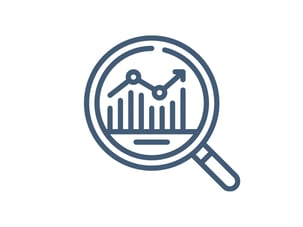 From an investor's perspective, accurate sales forecasts provide valuable insights into a company's growth trajectory, helping them make informed decisions about investing in the business.
From an investor's perspective, accurate sales forecasts provide valuable insights into a company's growth trajectory, helping them make informed decisions about investing in the business.
Sales forecasting is a complex process that involves gathering data from multiple sources, analysing the information, and making projections based on the results.
To simplify this process, sales analytics tools can automatically collect and analyse data from various sources, such as customer profiles and sales reports. This automation streamlines the forecasting process and ensures accuracy in your projections. With AI entering the forecasting space it's important to remember that like all AI tools, it is a guide only and will need a sanity check before you can confidently submit the numbers as your forecast for any given period. (Discover how Sales Hub can help you with improving your forecasting)
Sales intelligence software is a game-changer for companies looking to boost their sales and enhance their sales processes. By harnessing both internal and external data, this powerful tool allows businesses to improve the quality and quantity of their sales leads.
With access to B2B contact databases, salespeople can uncover new opportunities and arm themselves with the necessary information, such as contact details and job titles, to capitalise on these prospects. Some advanced solutions provide additional insights like buying signals, recent funding, company transfers, and changes in the sales tech stack, sourced from buyer intent tools. This wealth of information enables sales teams to reach out to potential customers at the right time, increasing their chances of success.
Choosing a sales intelligence platform that integrates with your CRM is the best option to avoid duplication, especially in your prospecting and early funnel activities.
And last but not least,
Everyone who opts for electronic signatures instead of handwritten ones can significantly save time, money, and boost productivity. However, electronic signature software offers more than just the ability to sign documents. Many organisations utilise it to effectively manage their document workflows and streamline their operations.
Integrating electronic signature software directly with your CRM system is a clever move. This innovative integration offers a multitude of benefits, including the automation of document population with customer information, real-time tracking of document progress throughout your sales pipeline, and the convenience of executing documents right from within your CRM system.
By incorporating e-signature integration into your CRM, you'll save significant time for both you and your customers. This invaluable integration enhances your ability to close deals faster and greatly improves document management, resulting in a more efficient and streamlined sales process.
Why you should align your sales process to the buyer's journey
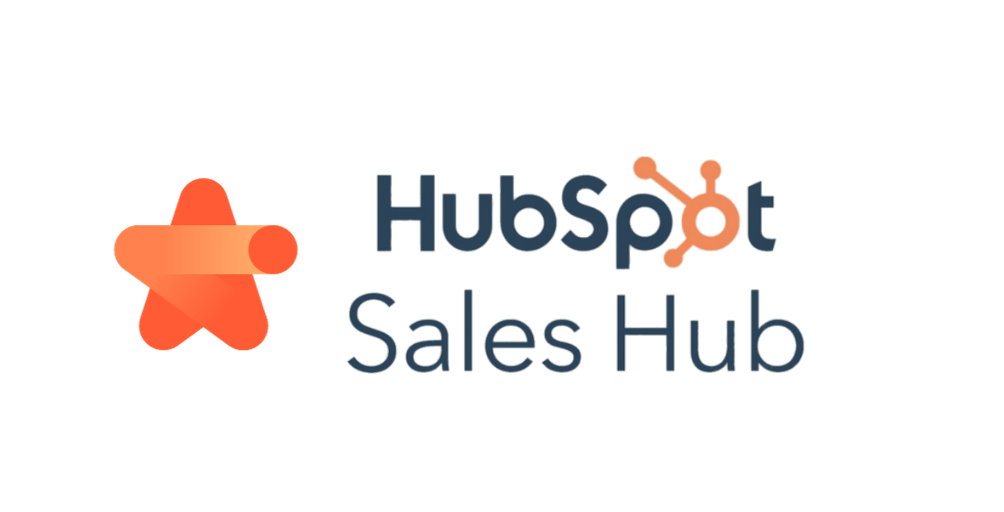
Discover how HubSpot Sales Hub can help you increase your sales and drive business growth Updated February 2025

Successful outbound...
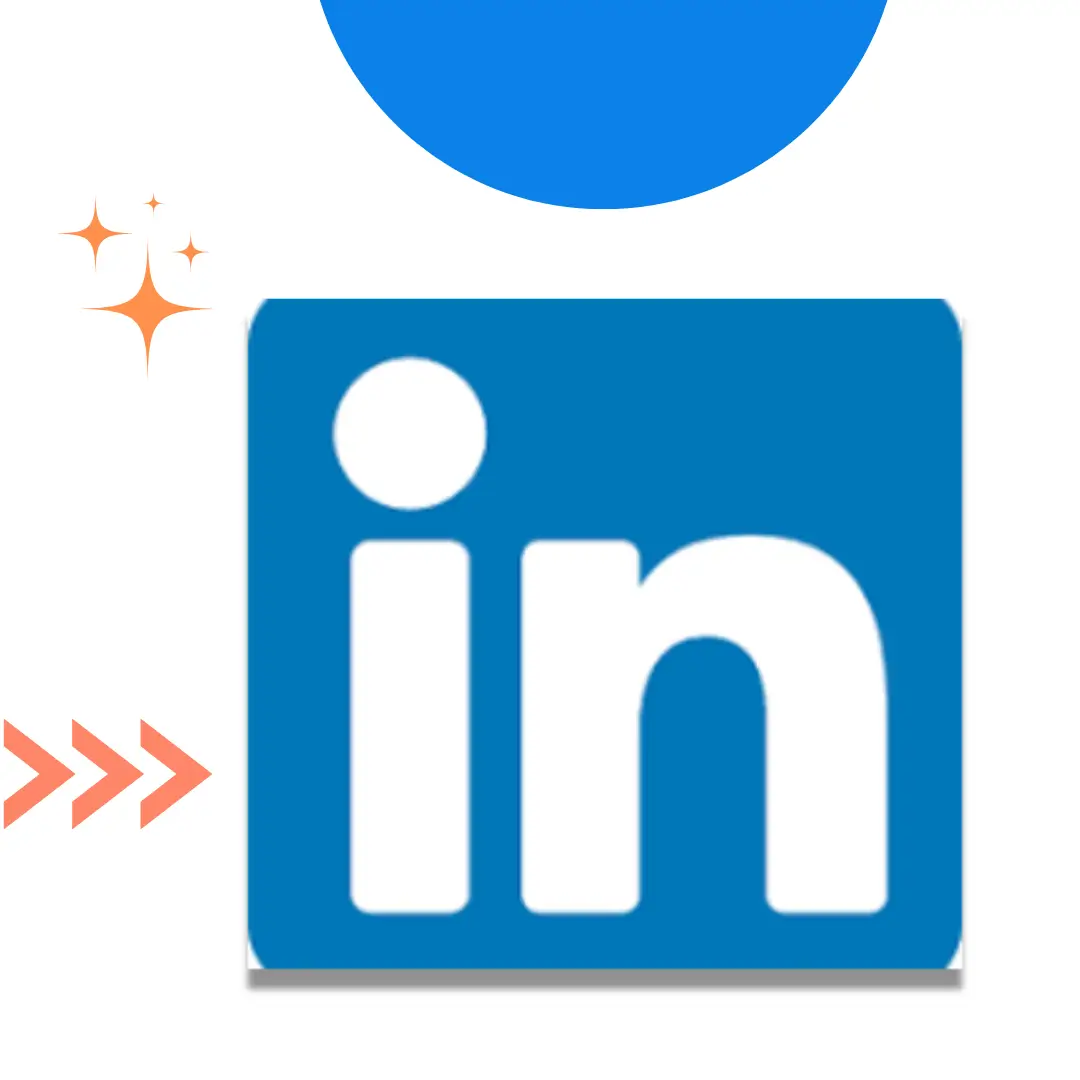
Discover how LinkedIn automation can transform your early funnel engagement strategy and drive LinkedIn lead generation for your business.